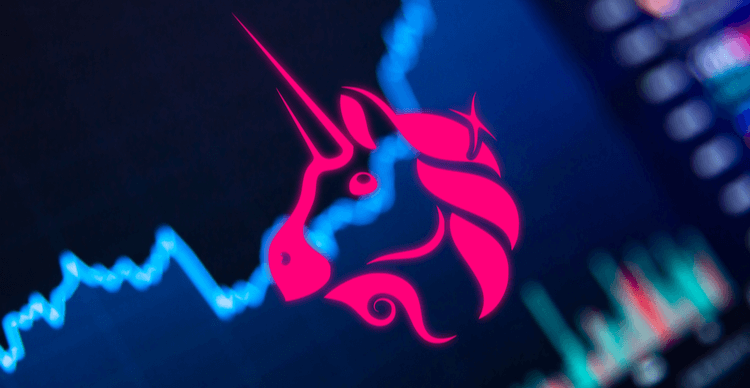Kashkari says ‘very clear’ Fed needs to tighten monetary policy
Federal Reserve Bank of Minneapolis President Neel Kashkari said U.S. inflation is very high and the central bank must act to bring it back under control.
“By many, many measures we are at maximum employment, and we are at very high inflation. So, this is a completely unbalanced situation, which means to me it’s very clear: We need to tighten monetary policy to bring things into balance,” he said Tuesday at a gathering of the Wharton Club of Minnesota in Minneapolis.
“When inflation is 8% or 9%, we run the risk of unanchoring inflation expectations and leading to very bad outcomes that would cause us to have to be very aggressive — Volcker-esque — to then re-anchor them,” he said,” referring to former Fed Chair Paul Volcker who tipped the U.S. economy into recession to conquer inflation in the 1980s.
“We definitely want to avoid allowing that situation to develop. So, with inflation this high, for me, I’m in the mode of we need to err on making sure we’re getting inflation down, and only relax when we see compelling evidence that inflation is well on its way back down to 2%,” he said, referring to the Fed’s inflation target.
U.S. consumer prices rose 8.5% in the 12 months through July. The Fed prefers a different gauge, called the personal consumption expenditures price index, which rose 6.8% in the year through June.
Kashkari, who prior to the pandemic was the Fed’s most outspoken dovish policy maker, has in recent months become its biggest hawk. The U.S. central bank has been raising interest rates at a rapid clip this year in a bid to bring down inflation, which is near the highest levels in four decades.
It hiked rates by 75 basis points at its last two meetings and policy makers have said the same again could be on the table when they gather next month.
Fed officials are headed to Jackson Hole, Wyoming, this week for an annual conference that will be attended by central bankers from around the world. Chair Jerome Powell will have a chance to reset expectations in financial markets for the path of interest rates going forward when he addresses the confab on Friday.
Kashkari saw some positive news on the supply side — which he blamed for roughly two-thirds of the inflation in the U.S., with fiscal stimulus and Fed policy blamed for the remaining third — and he said that it would make the Fed’s task easier if supply constraints eased.
He also acknowledged that a stronger U.S. currency could help dampen inflation by lowering the cost of imported goods.
Asked if the impact of a stronger dollar would weigh on Fed policy, he said officials were making policy for the U.S. economy and American people, but what happens in other countries does affect the U.S.
“So, in that context it will get factored in as we analyze these feedback loops of us raising rates. What does a strong dollar mean for inflation? That may then mean that we have to do less because it may bring down the price of imports,” he said.





